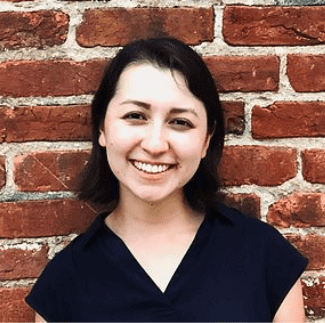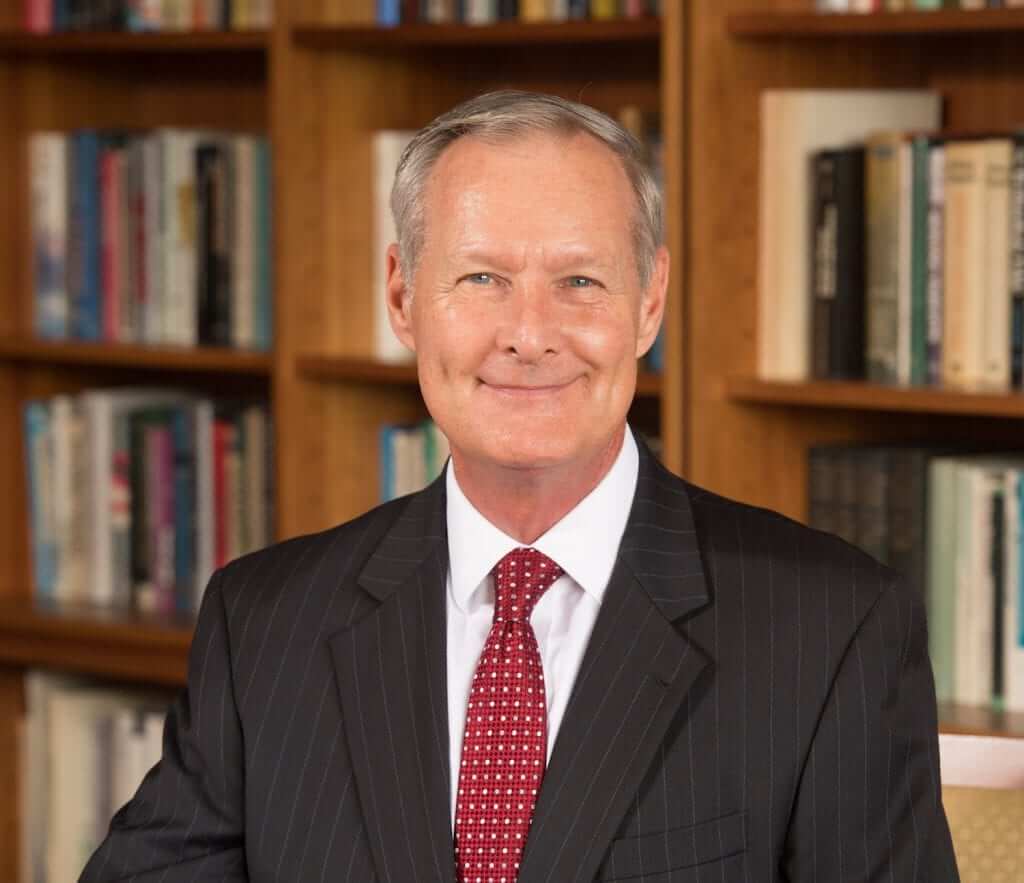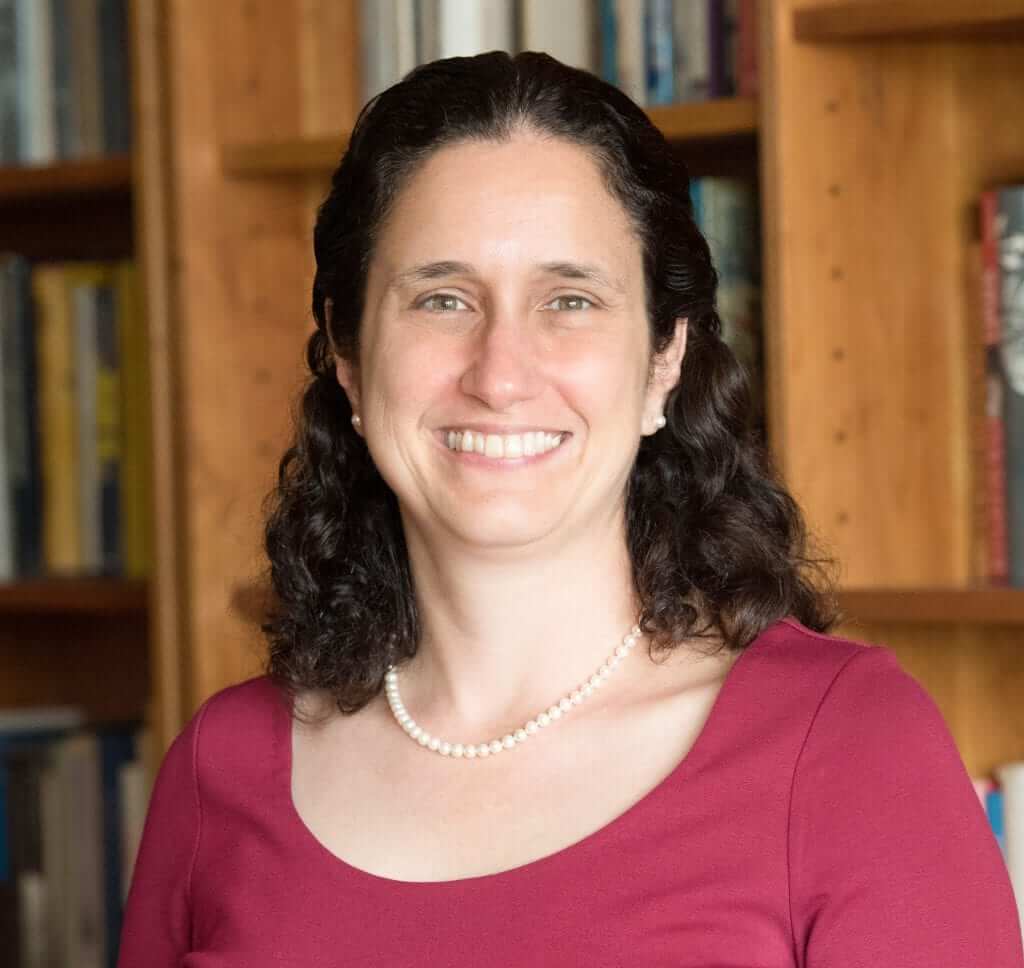Masters Student Programming
Internship Funding
The AWC funds rising second-year MA students who take on unpaid summer internships, with the goal of incentivizing these students to pursue work in the public, non-profit, or research sectors in national security.
Speakers Series
The AWC institutions host dinners with former policymakers, providing graduate students the opportunity to discuss views on U.S. foreign policy, their experience in the policymaking process, and career advice.
Military Basics Course
Helping students understand the complex structure, processes, and culture of the U.S. Department of Defense (DOD) and the different military services as well as U.S. Special Operations Forces.
Internship Funding
Student Experiences
Interested students should reach out to the AWC administrator from their
respective school to learn more about funding and deadlines.
The Speakers Series
Past speakers include:
Kori Schake , American Enterprise Institute
Kathleen Hicks, Center for Strategic and International Studies
Derek Chollet, German Marshall Fund
Jake Sullivan, Dartmouth College
Military Basics Course
Hosted at the Philip Merrill Center for Strategic Studies at Johns Hopkins University, the course seeks to “level the playing field” for incoming Strategic Studies students. Its goal is to help students understand the complex structure, processes, and culture of the U.S. Department of Defense (DOD) and the different military services as well as U.S. Special Operations Forces. Topics covered include military organizations and DOD structure; budgetary trends; capabilities and weaponry of each service; and the unique nature and value of disparate service cultures, among other areas. Students who complete this course will be better able to work effectively with military personnel in their future careers, whether as government employees, academics, policy analysts, or representatives of NGOs, international organizations, and the private sector.





